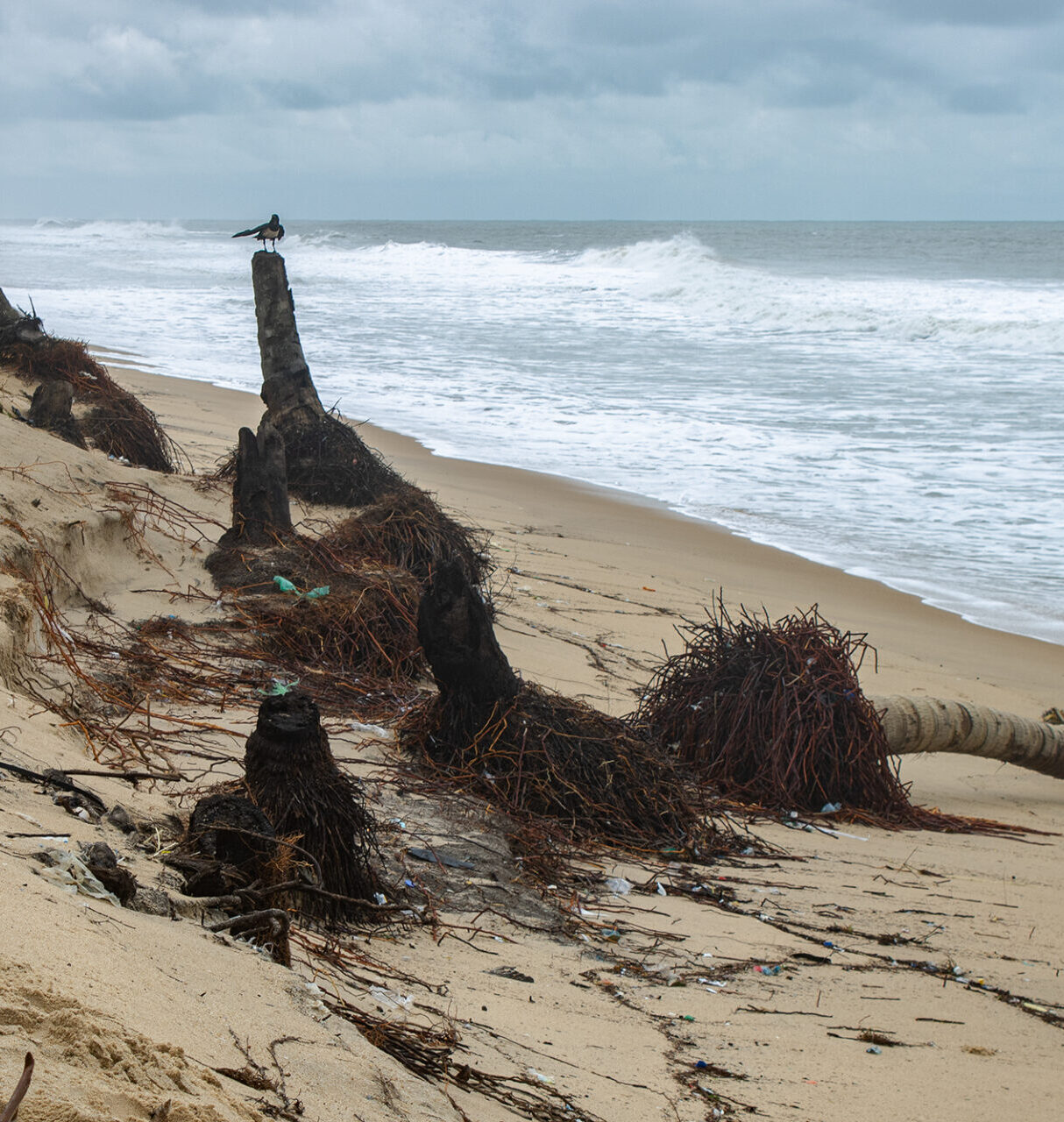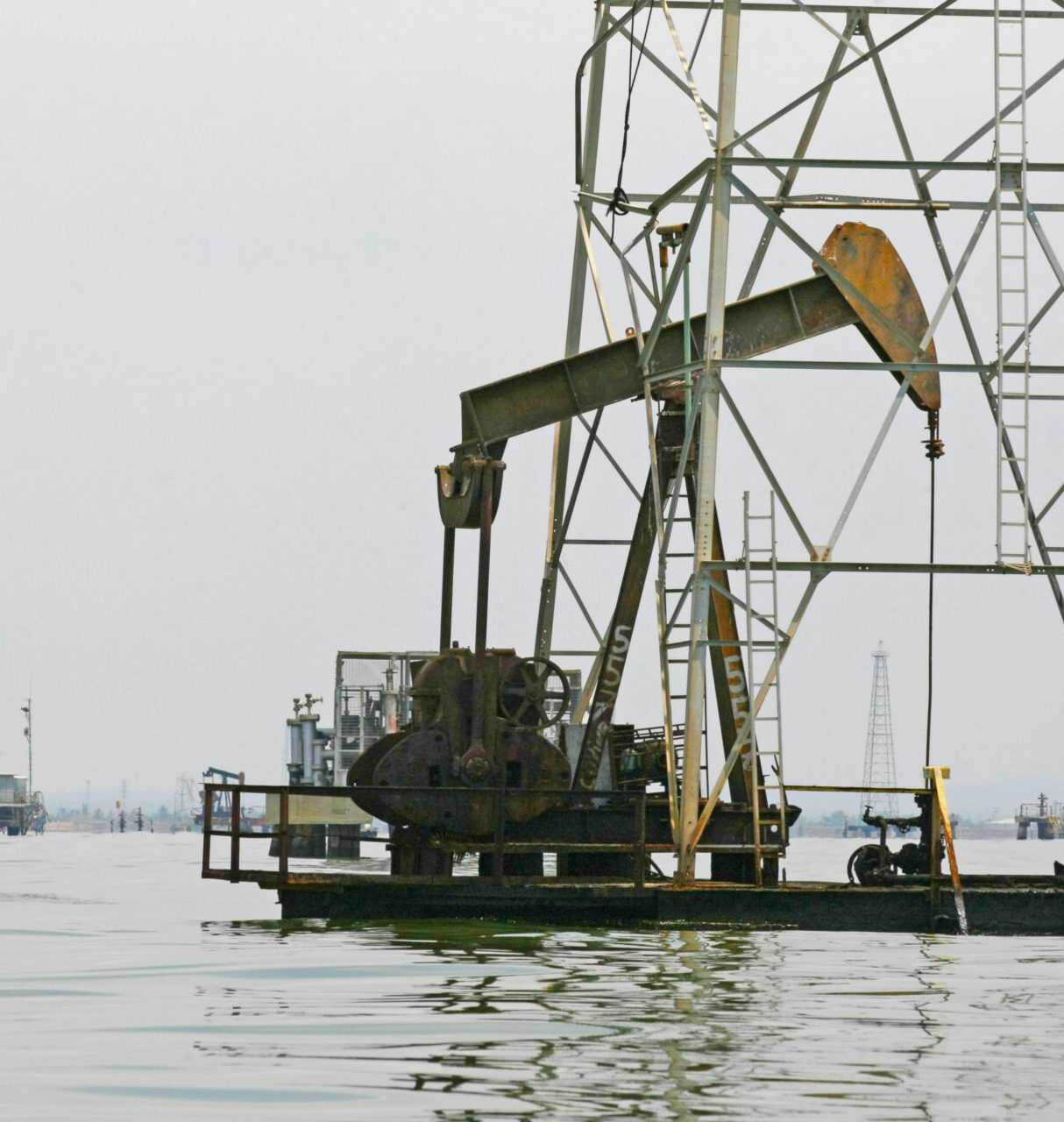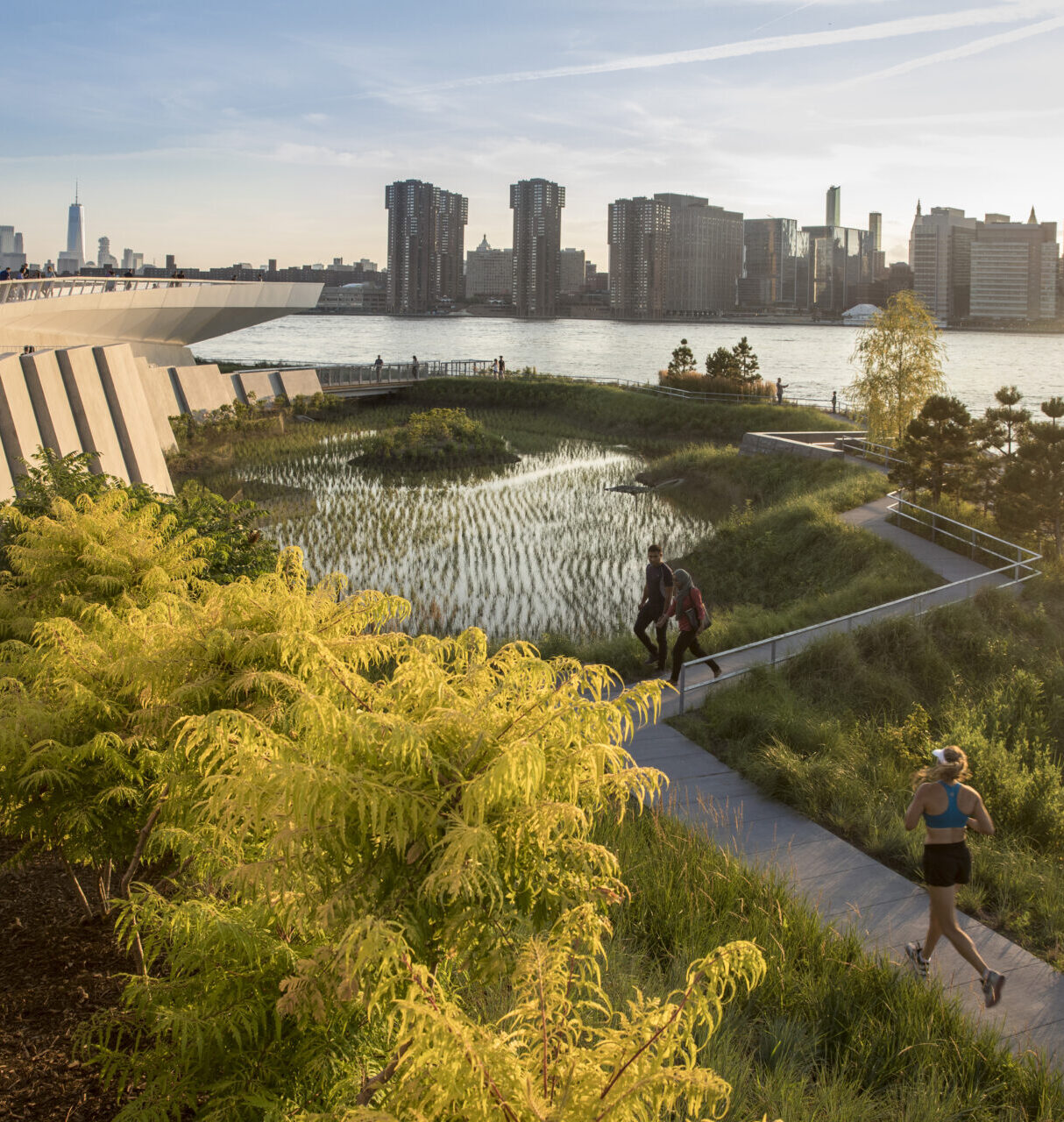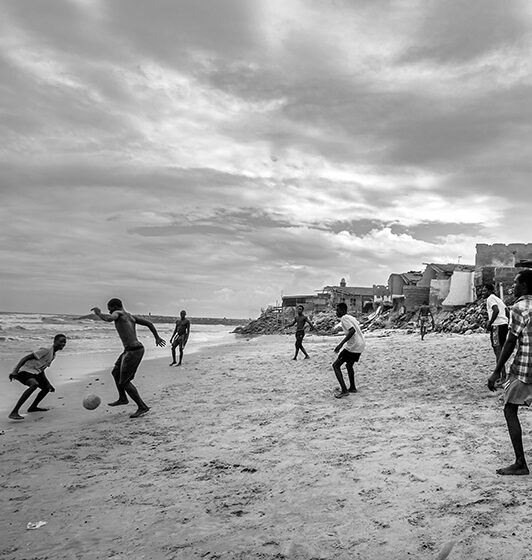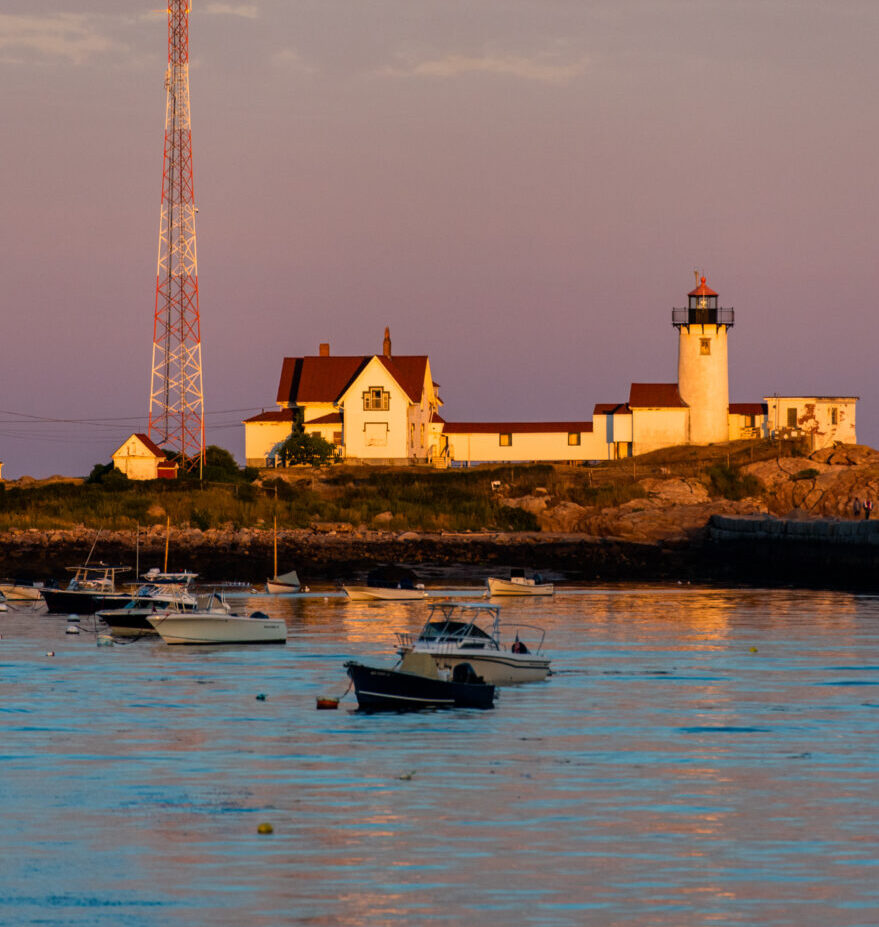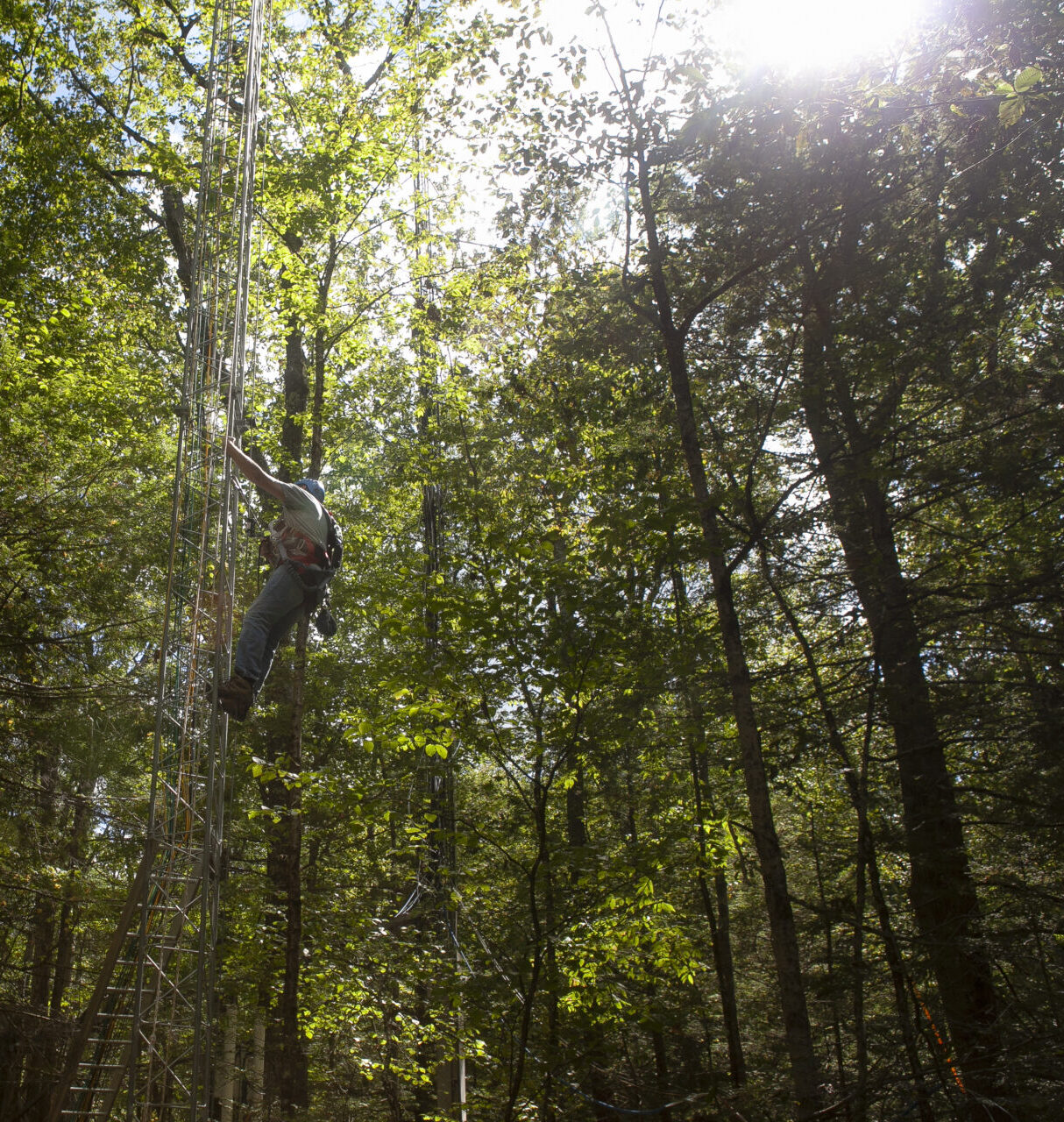EH 206
Foundations of Environmental Health
:This course is designed to lay a foundation in environmental health, integrating key disciplines such as risk assessment, exposure assessment, epidemiology, toxicology, data analytics, physical science, and science policy. We aim to enhance students' critical thinking and quantitative abilities through interactive workshops, case studies, assignments, and insightful readings. The curriculum is structured around a thread of quantitative and qualitative reasoning, addressing seven crucial topics in environmental health: air pollution, water pollution, global warming, environmental justice, occupational health, radiation, and persistent pollutants.

